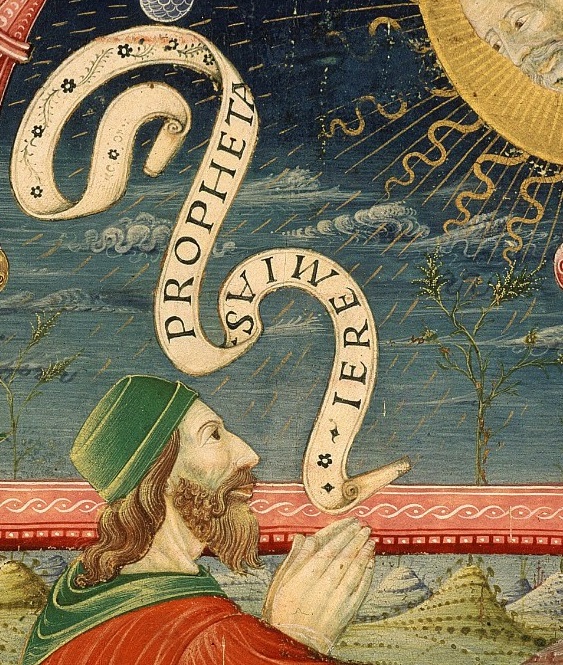 Here’s the deal. I’ve arranged for a whole lot of experts on the doctrine of Scripture to be in one place at one time this January, presenting papers and having public conversations about it.
Here’s the deal. I’ve arranged for a whole lot of experts on the doctrine of Scripture to be in one place at one time this January, presenting papers and having public conversations about it.
So if you’re a theology professor in southern California, you should take advantage of that by teaching a class on the topic, and using all that visiting talent to provide the bulk of the lecture time. It’s like having a highly-compressed course with celebrity guest experts doing the lectures, in person.
That’s what I’m going to be doing this January. The 2016 Los Angeles Theology Conference, “The Voice of God in the Text of Scripture,” will be January 14 and 15 at Fuller Theological Seminary. The conference is designed so that it can easily be used as a content delivery system for a class on the doctrine of Scripture.
Registration is already open, and the early-bird rate is in effect until November 30. Combined with the group rate (ten or more registrants), you can bring the registration price down to $70. And there is a student discount code at the bottom of the registration site which gets you an additional $20 off.
We have five systematic theologians and Biblical studies scholars of known reputation (Billy Abraham, Stephen Fowl, John Goldingay, Amy Plantinga-Pauw, and Daniel Treier) doing plenary sessions in the big room, and then talking things over at a final, moderated panel discussion. And then there are electives: three different parallel sessions during which you can choose to hear 3 of the 9 shorter papers being presented. You can choose among papers of a more doctrinal, philosophical, historical, or biblical-studies bent. The presenters for these papers are Myk Habets, Erin Heim, Daniel Hill, Benjamin Lappenga, Daniel Lee, Joy Moore, Adam Nigh, Ryan Peterson, Tim Pickavance, and Jason McMartin. Check out details on all 15 speakers and their topics here.
Total up the plenaries, panel, and three breakouts, and you can attend nine presentations (about twelve hours) on the doctrine of Scripture.
That’s a lot of doctrine! Or to put it in more academic terms, that’s a whole lot of “contact hours” with professors or “seat time” taking in lectures. If you’re a theology student, consider attending the Los Angeles Theology Conference this January.
If you’re a theology teacher, consider the next step: use this conference as a way of delivering 12 hours of focused instruction on a key doctrine to your students. With top theologians speaking on a key doctrine in a carefully-sequenced conference, it’s pretty obvious how you can make this worth academic units at your school: Add some preliminary reading and a post-conference discussion, plus a final reflection paper, and you’ve got a well-rounded educational experience on the doctrine of the Trinity.
You’ll want to choose your reading assignments based on your own desired class outcomes, he intoned pedagogically, but one option is to assign some books by the conference presenters themselves. That would deepen the conference content directly, giving students the kind of extended, published arguments that can be brought to life by hearing the authors in person, perhaps even posing questions to them during the discussion periods.
I know of at least two local theologians who have used LATC in previous years to deliver some of the content of their courses: Brian Lugioyo at Azusa Pacific University and Earl Waggoner at Golden Gate Baptist Theological Seminary (Brea campus). I’ve never actually done it before, so this year will be my first time offering an LATC-based course.
If you need more information or just want to brainstorm about possibilities, e-mail me at fred dot sanders at biola dot edu and let’s talk.
And if you can’t make it this year, be sure to put this on your January calendar from now on. We intend to have a conference every January, with plenary videos posted in March and a book published by November of that year. Our next two annual topics will be dogmatics (2017) and theological anthropology (2018).